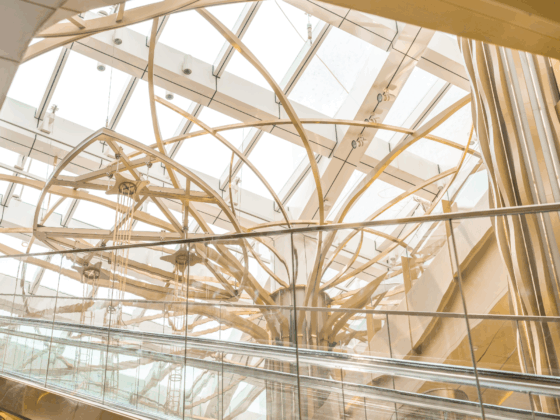Portland’s annual Commercial Courts Report was recently published (available here). The Report analyses judgments from the London commercial courts in order to identify trends, including the number of cases, litigants, nationalities of litigants and perceptions of the London courts internationally. It provides valuable statistics and analysis of the use of English courts that is used by research institutions and practitioners(1). Portland considered information and media coverage of all 262 Commercial Court judgments recorded in the period 2023/2024. The report also includes analysis from leading practitioners and members of the English and other judiciaries regarding the attractiveness of London’s commercial courts to international litigants.
The key finding of the Report could be summarised as follows:
1. Drastic decrease of Russian litigants due most likely to restrictions on Russian individuals and businesses, as well as practical issues regarding Russian-related disputes (e.g. many international law firms have stopped operating in Russia or representing Russian clients);
2. The UAE and Switzerland are among the top five nationalities of; also notable increase of EU litigants showing the attractiveness of the London commercial courts even to parties originating from highly developed and efficient court systems;
3. London court proceedings were widely covered in UK and foreign media, showing that litigants may seek to use the media to advance particular legal arguments as part of a carefully managed communications and media strategy;
4. London court proceedings attract more and more public interest (76 of the 262 judgments were reported on in the media this year); and
5. Substantive increase of State litigants in mostly arbitration-related cases showing the readiness of English courts to support arbitration proceedings.
English Courts serve a higher proportion of international litigants than ever before
As the Lady Chief Justice of England and Wales notes in the foreword of the Report, the 2023/2024 period covered by the Report shows that the English courts serve a higher proportion of international litigants than ever before (international parties constituted 65% of all litigants), from a record 84 countries.
There has been a distinct shift in the top ten nationalities of litigants most frequently appearing before the London courts. Irish parties have increased (mainly due to a surge of aircraft insurance claims) as have US parties. On the other hand, there has been a dramatic decrease of Russian parties. Russian litigants have dropped outside the top three for the first time since 2017-2018. The significant drop of litigants from Russia is due to geopolitical reasons, namely sanctions. Although sanctions do not prevent designated parties from litigation a dispute before the English courts there is a chilling effect to Russian-related litigation. In addition, many international firms have stopped acting from Russian parties. Portland’s data reveals that just 30% of Russian litigants were represented in the London commercial courts this past year. Interestingly, there has been an increase of Cypriot litigants. It is likely that Russian parties may also refrain from litigating in England and Wales (even if they are able to) due to indirect obstacles in the form of issues to get insurance and process bank transactions promptly. Given the well-known popularity of Cyprus amongst Russian business, once may speculate that Russian businesses that have previously directly litigated before the English courts are now doing so via their Cypriot companies. The developments relating to Russian parties beg the question of prospective impact on other future sanctions on the status of London as an acceptable litigation forum to parties from all corners of the globe.
In parallel, the work of the London commercial courts continued to grow attracting increased numbers of litigants from other jurisdictions. It is notable that Swiss litigants have increased by 73% thus putting in question any concerns that the abscence of a Lugano-style Convention for recognition of judgment would reduce London’s attractiveness to Swiss parties. The main users are Swiss commodity traders, shipping companies and parties to international financing agreements. Similarly, some 43 litigants from the UAE appeared in the London Commercial Courts this past year which is an all-time high.
As before, the English courts showcase their capacity and expertise to handle large, highly complex trials with voluminous materials and amount of evidence, demonstrating London’s role as a centre for resolution of highly complex cross-border disputes also stimulated by the concentration of highly skilled legal professionals and service providers in the British capital. Such multi-party, complex cases require expertise in law, business, finance and case management which the judges of the Commercial Court and English lawyers are uniquely placed to provide.
Portland’s annual Commercial Courts Report clearly show the tendency of increased popularity of the English courts for international disputes and the adaptability of the English legal system to change in geopolitical circumstances or different factual and cultural aspects regarding the cases.
(1) E.g. the recent BIICL Report: ‘Unlocking Investment in Ukraine’ refers to the Portland 2023 report https://www.biicl.org/documents/12221_final_public_report.pdf







